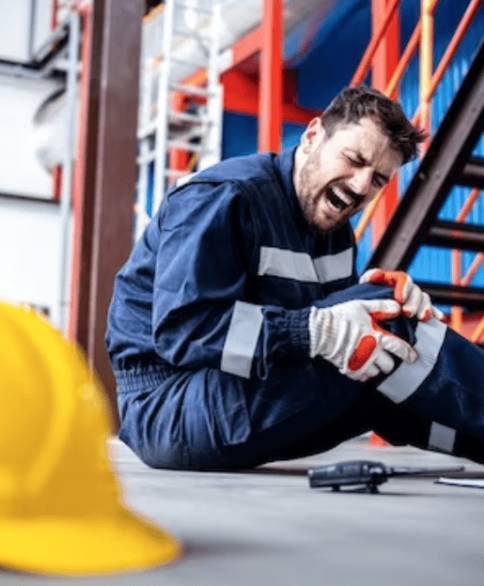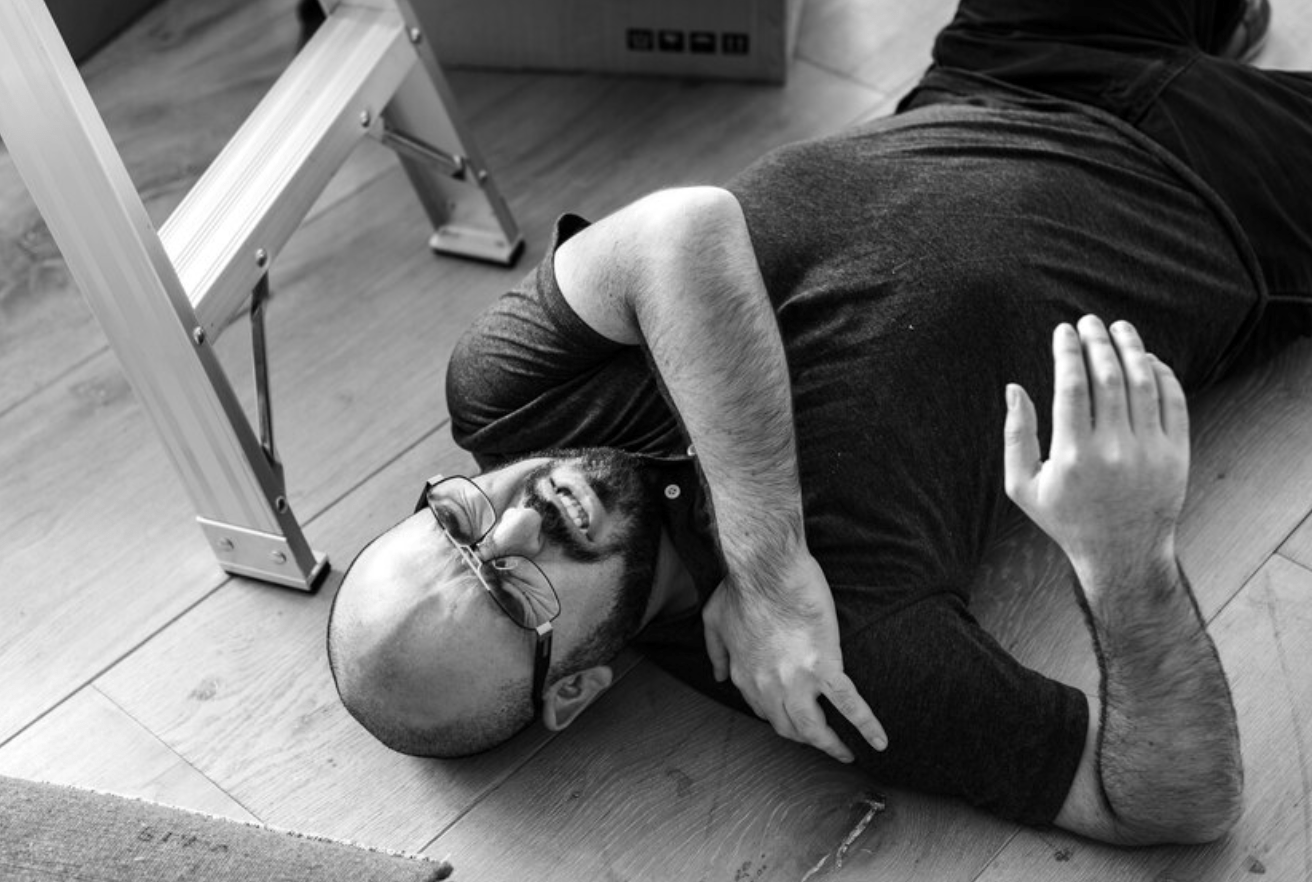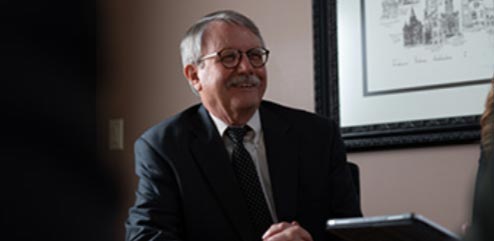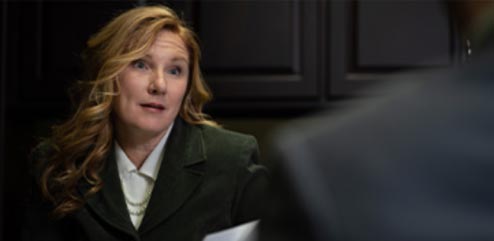
Slip & Fall Lawyer South Bend, Indiana
At Christie Farrell Lee & Bell we have been helping injured clients for decades, including slip and fall accidents that are the consequence of someone else’s negligence. Our slip and fall lawyer team are knowledgeable about Indiana’s laws and regulations, including all areas of South Bend, and we understand how to negotiate with insurance companies to obtain a fair settlement for you and your family.
Call today for a free legal consultation.
There is no fee unless we win your case.








